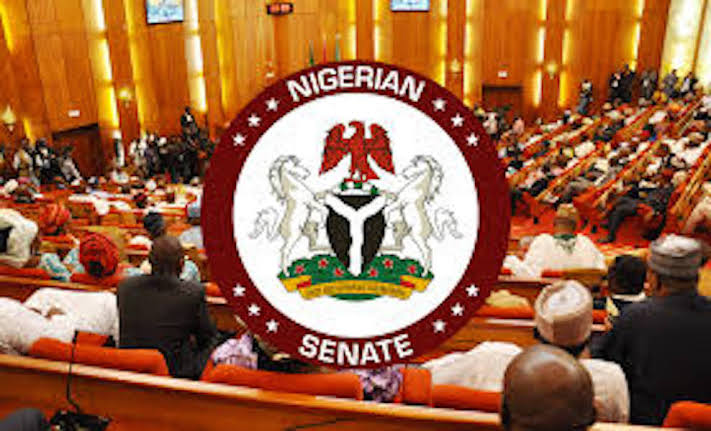There are indications that tenants in the federal capital territory may soon heave a sigh of relief as the Nigeria Senate has initiated a process through legislation to regulate rents from one or two years first payment by tenants, to three months and subsequent monthly payments.
Indeed, the planned legislation passed first reading at Senate plenary on Tuesday.
Sponsor of the bill, Senator Smart Adeyemi, APC Kogi West, gave an insight on the intendment of the bill to journalists after plenary, saying it is targeted at cushioning effect of outrageous rents on properties on poor residents in the Federal Capital Territory.
According to him, the bill when fully considered and passed into law, will regulate rent collections from tenants to three months at first instance and subsequent monthly payments as against one , two or three years first payment being collected by property owners now with subsequent yearly rent payment renewal which many residents in the FCT are finding very difficult to cope with.
He revealed that the huge rent maybe why many of the houses are empty adding that the law is targeted at the welfare and wellbeing of the downtrodden , majority of whom elected those holding public positions into offices.
Senate Adeyemi, lamented that some landlords always insist their tenants pay for one year or two years rent saying that it is wrong hence the need for the bill which will make it possible for Nigerians especially those living in Abuja residents to now pay rent on monthly basis after the expiration of the initial three months.
“The law stipulates a maximum advanced rent payment of three months after which the tenants are expected to pay monthly.
He said there are many tenants whose salaries are competing with their rents because they live in cities like Abuja and as such, need the protection of the law to be able to meet their basic needs after paying rents.
The Senator stressed that many landlords did not secure loans to build their houses, but built them from what he termed free money acquired from the system, yet they make lives difficult for poor Nigerians who do not have such privilege of making money from the system to put up structures.









Comments are closed for this post.